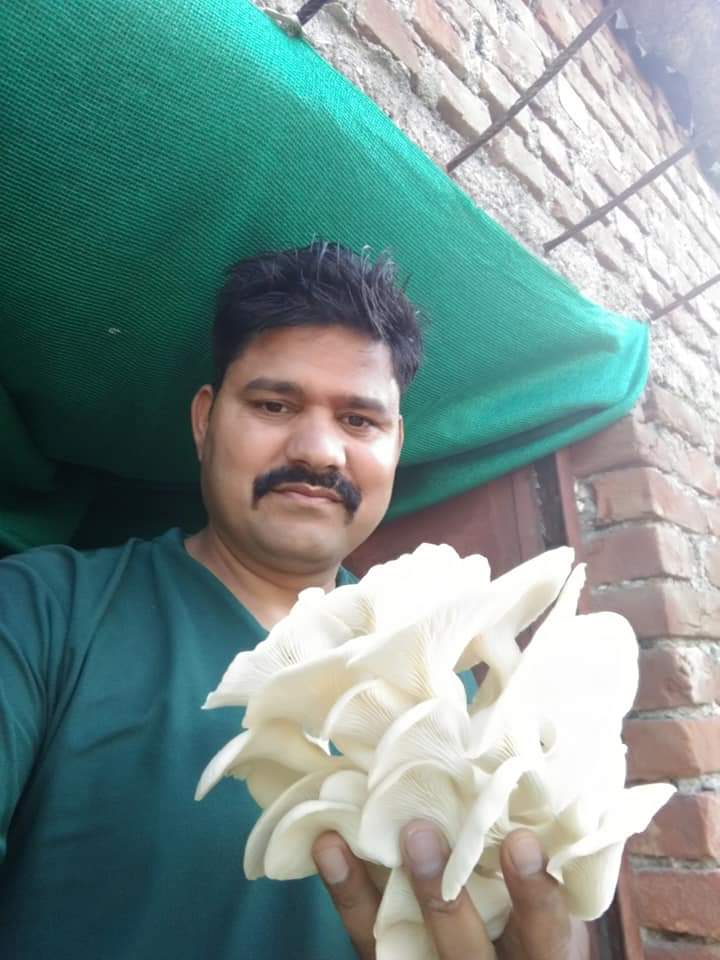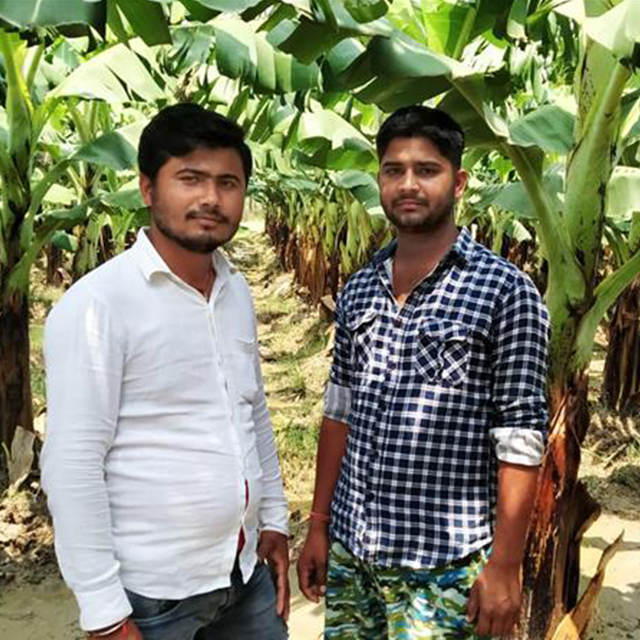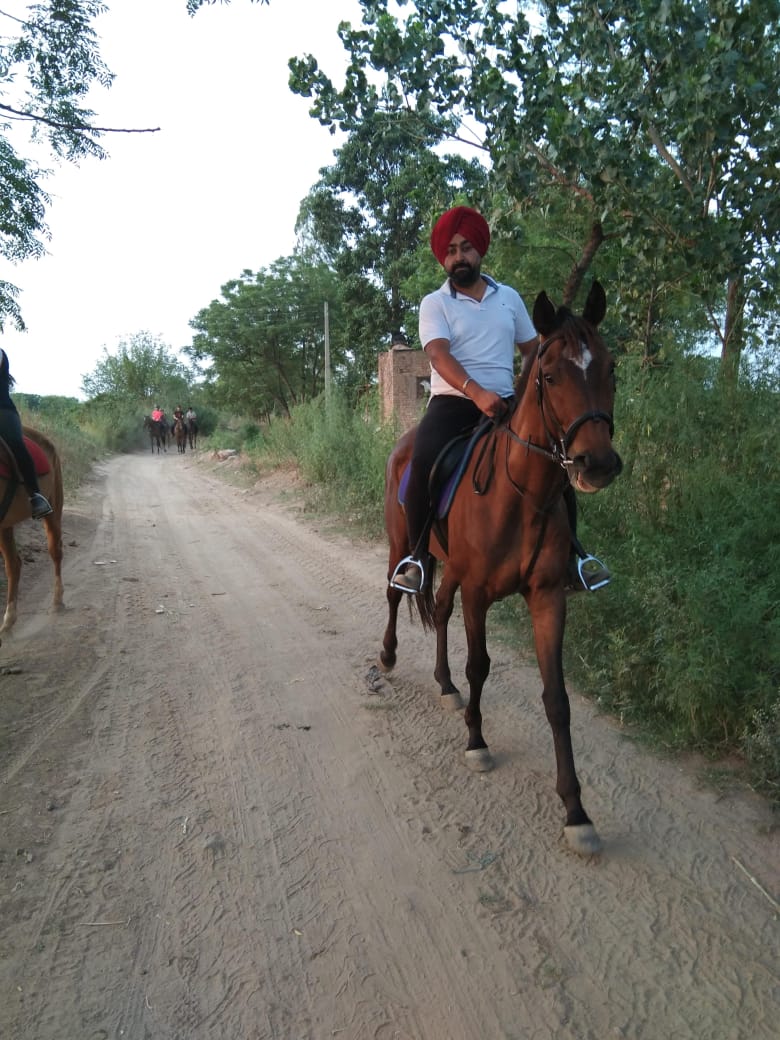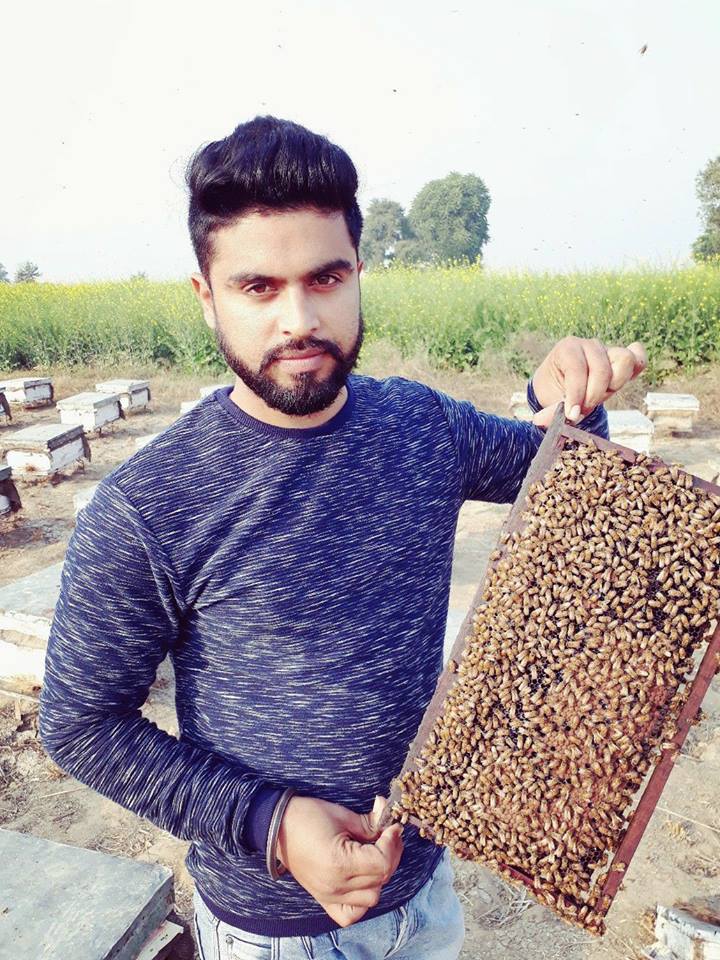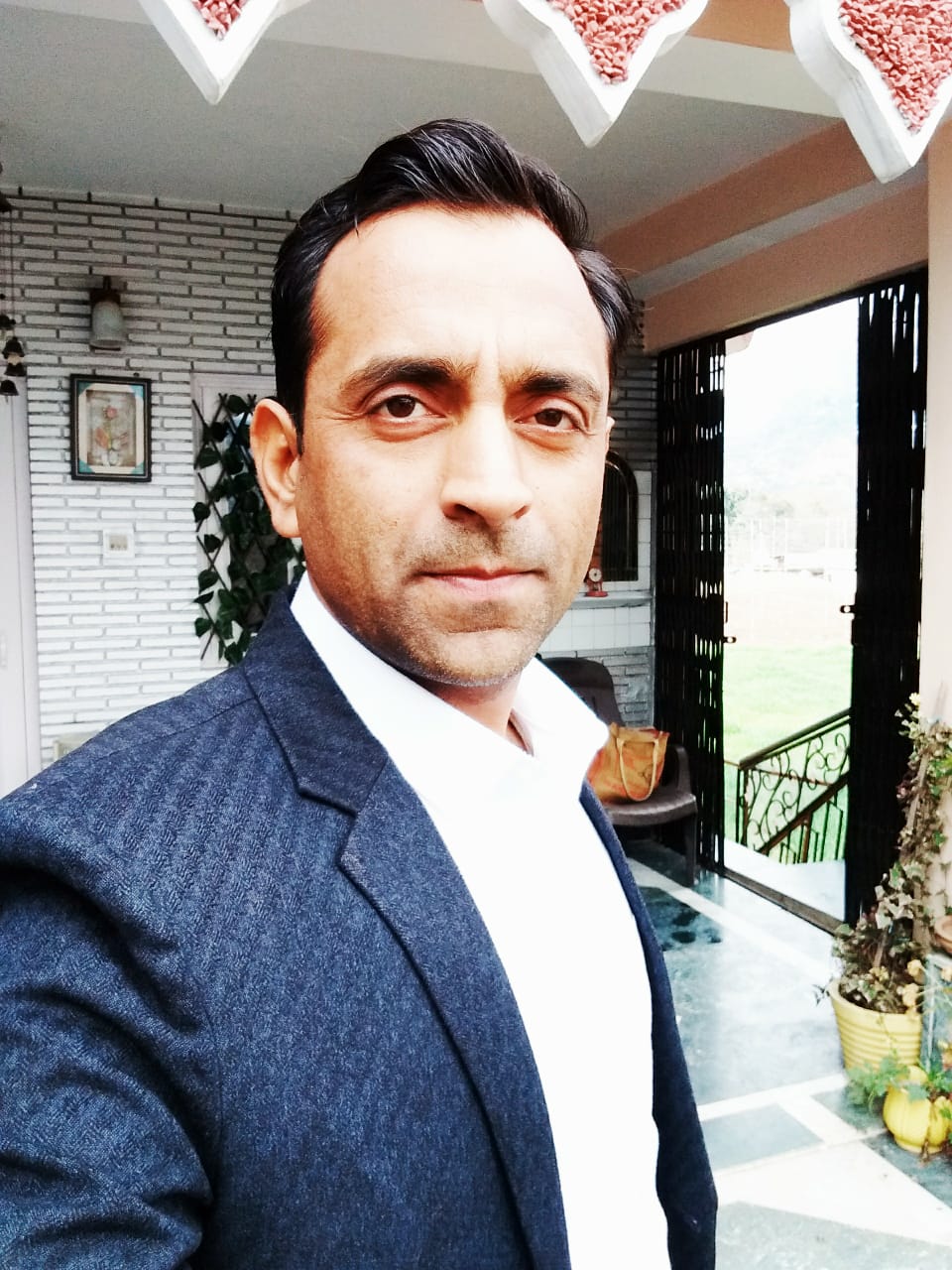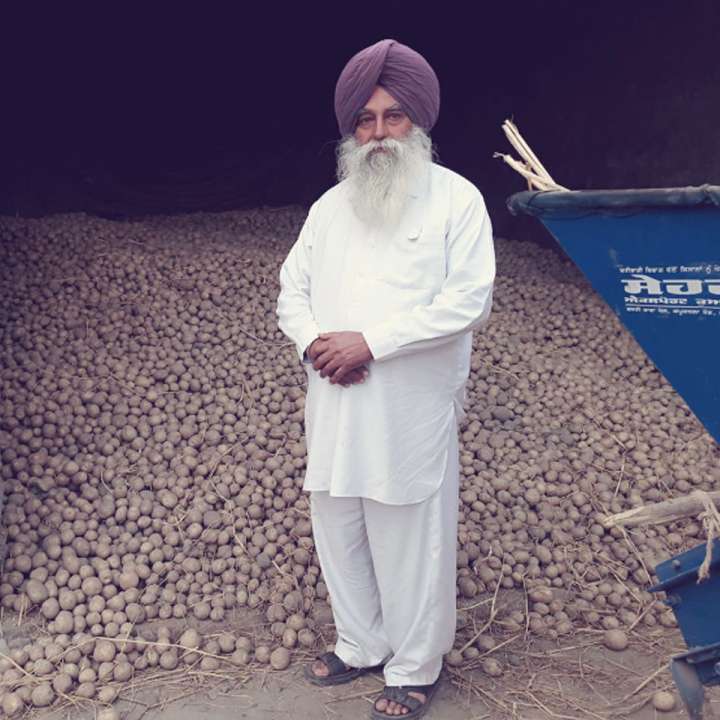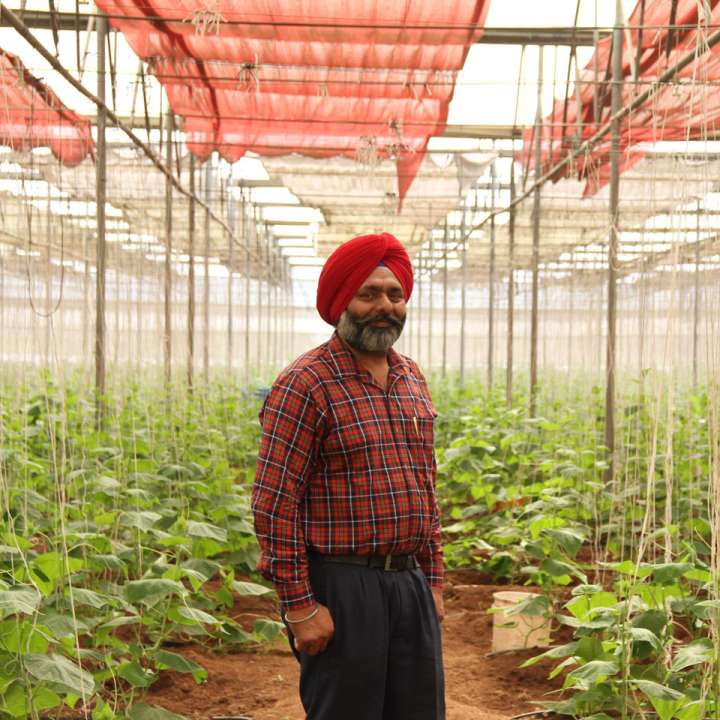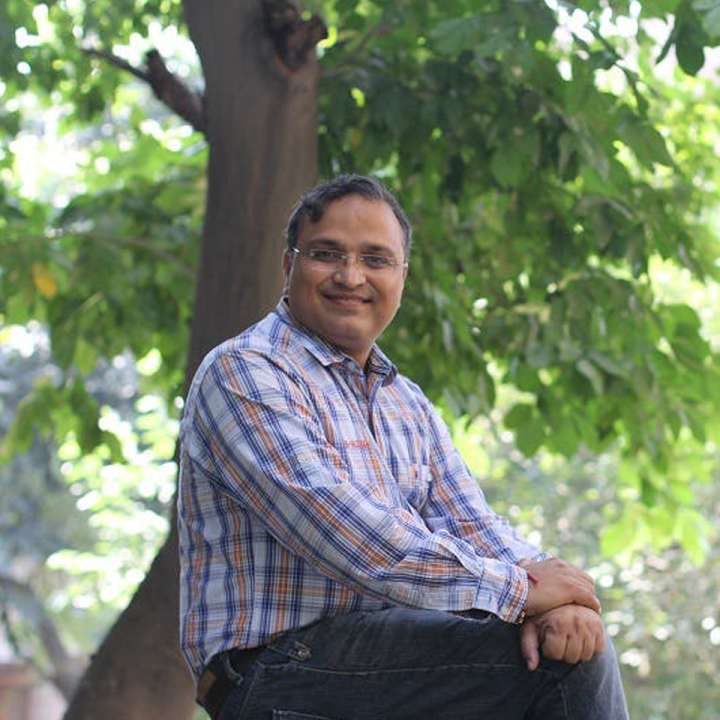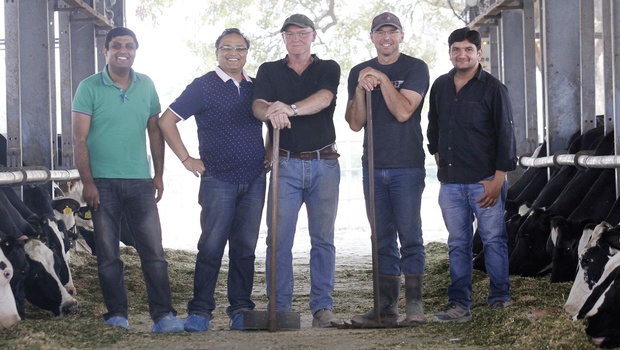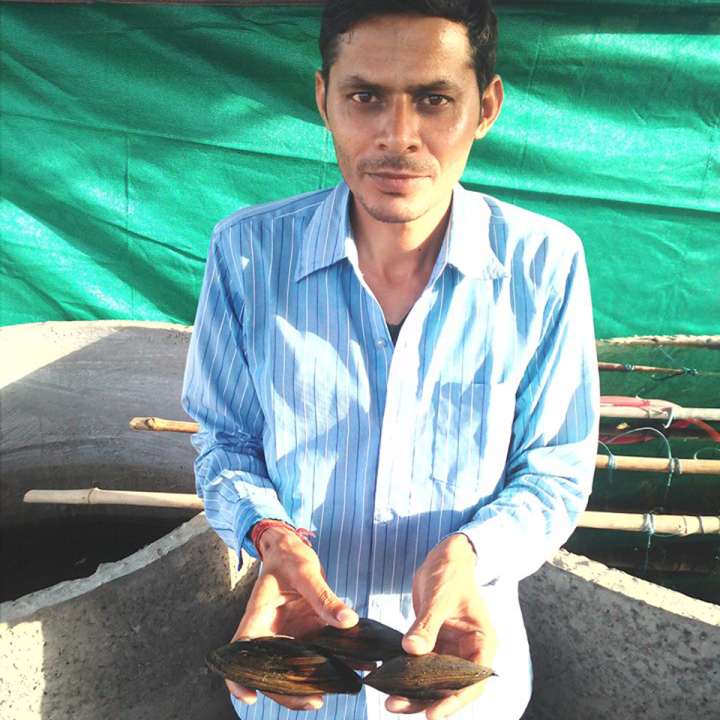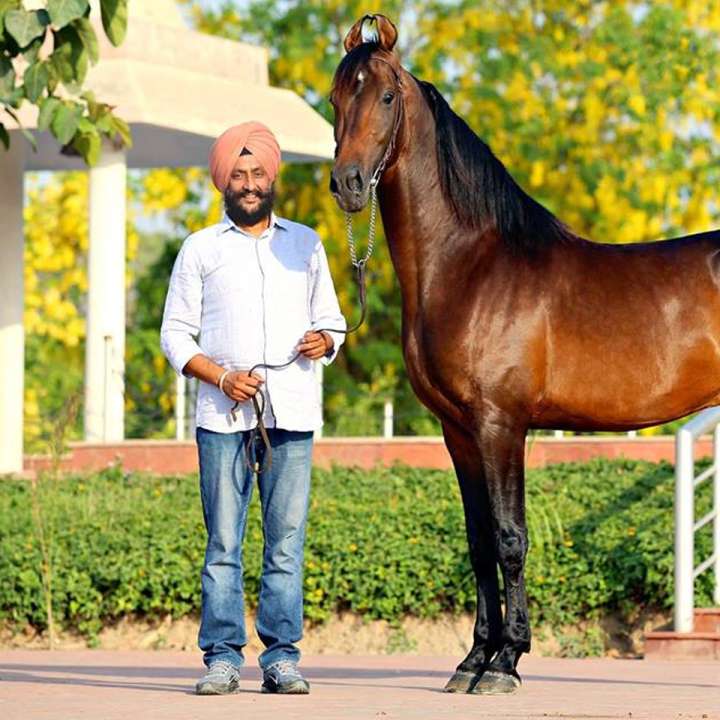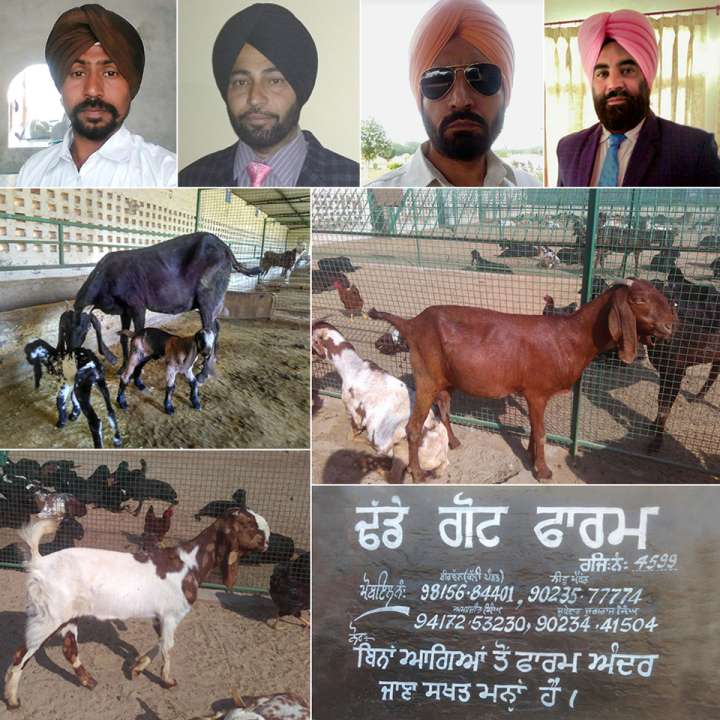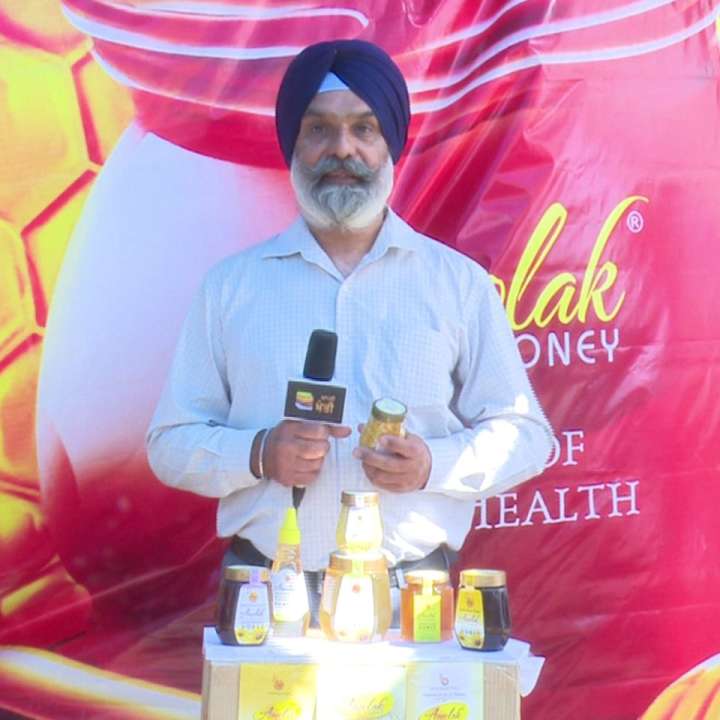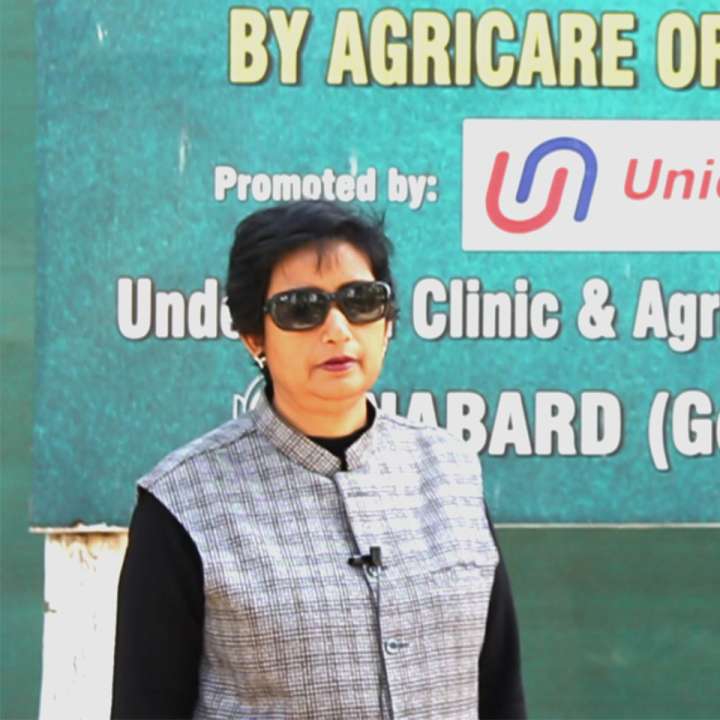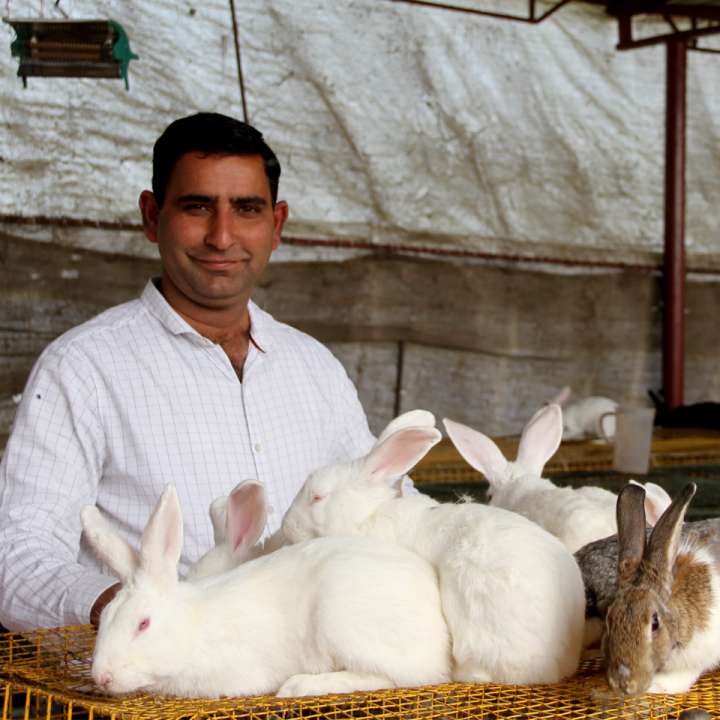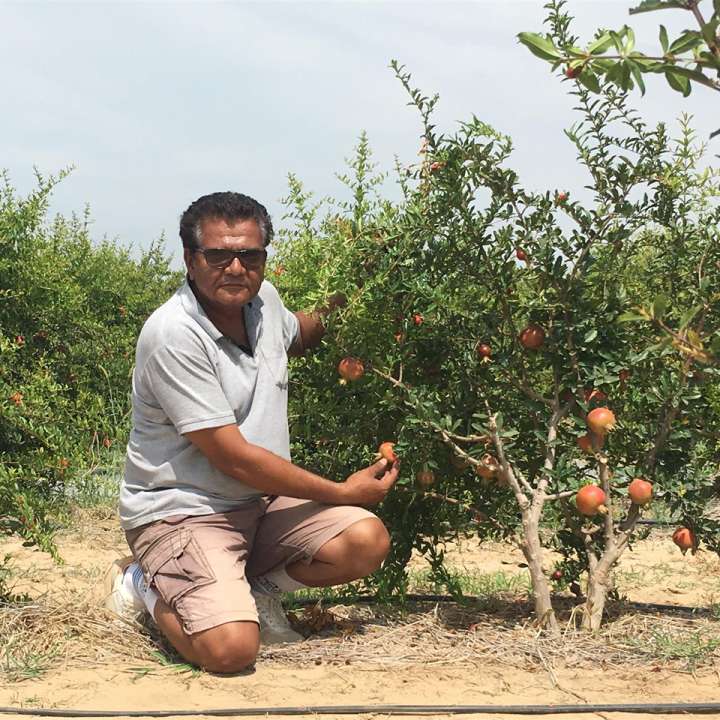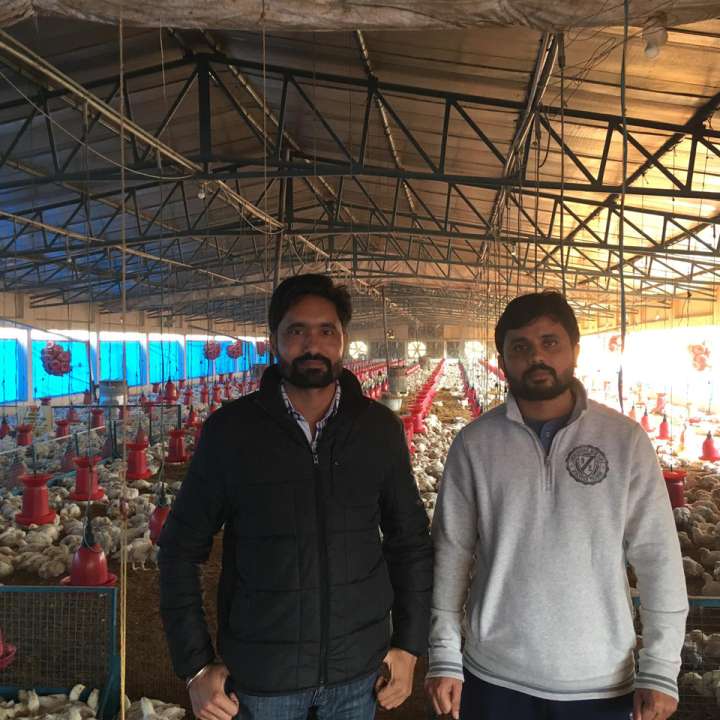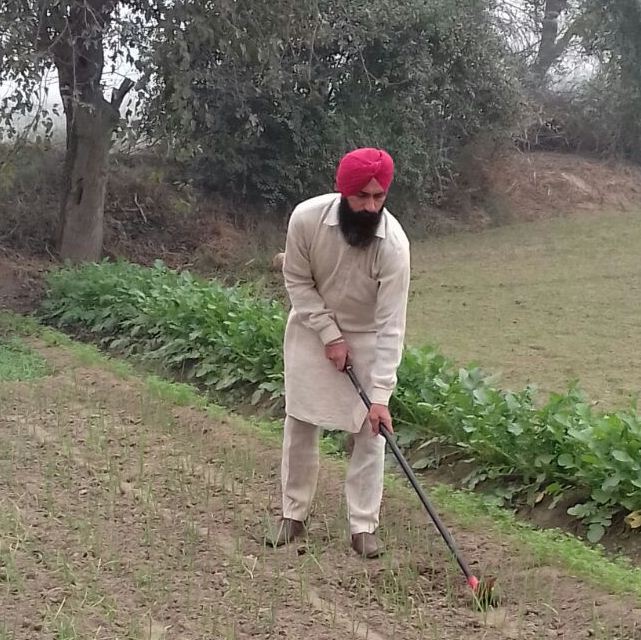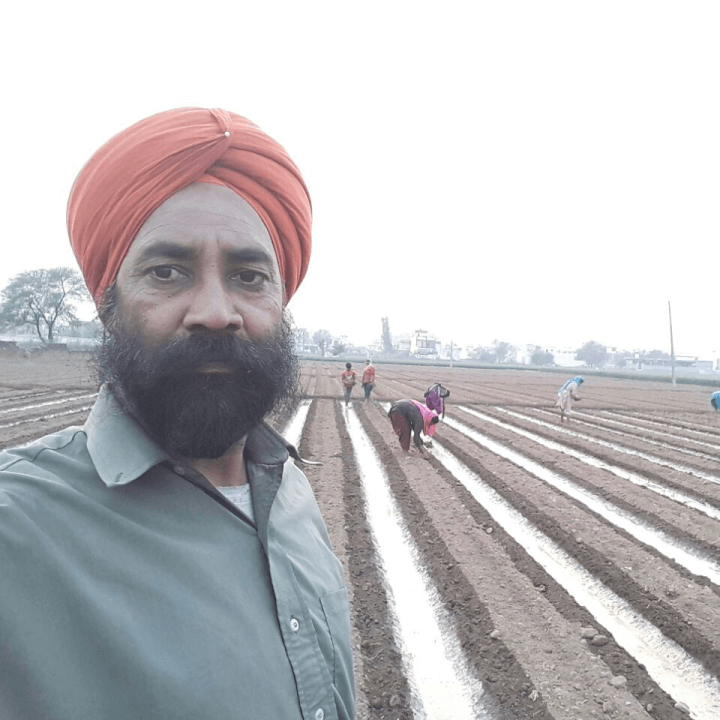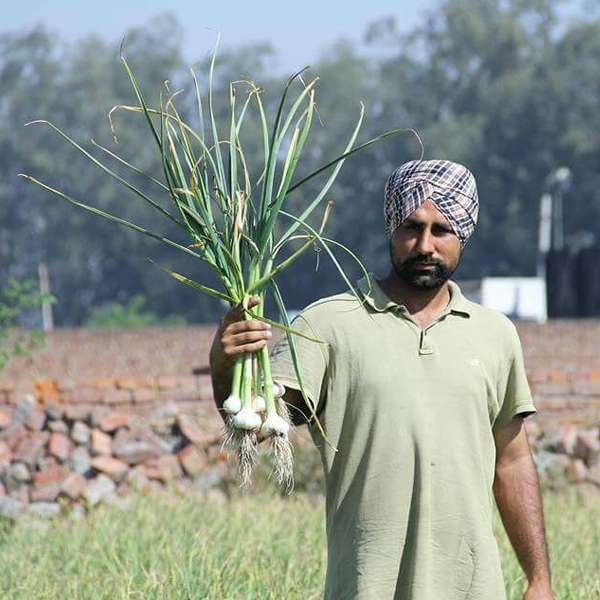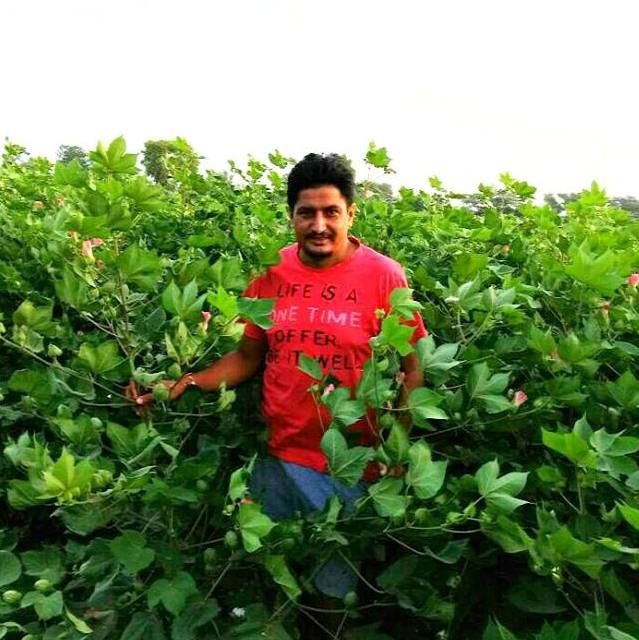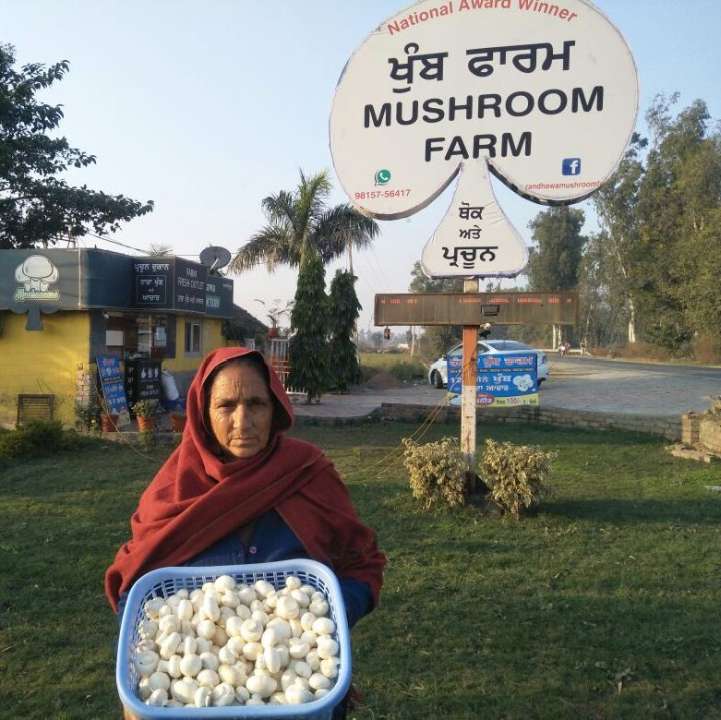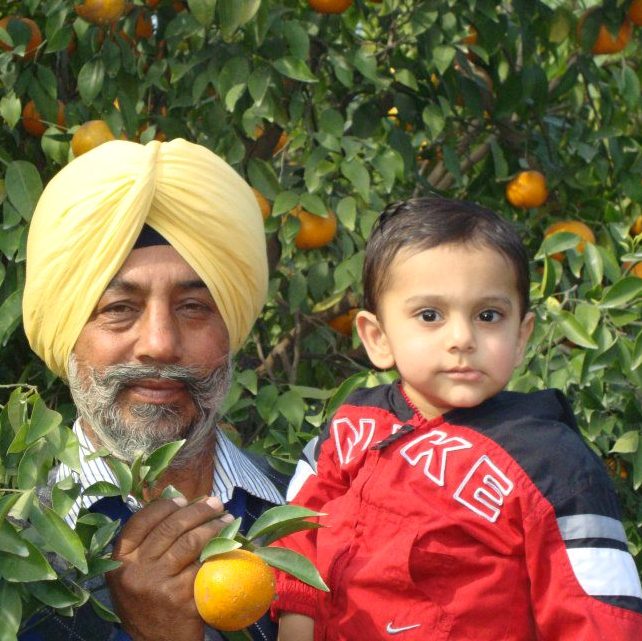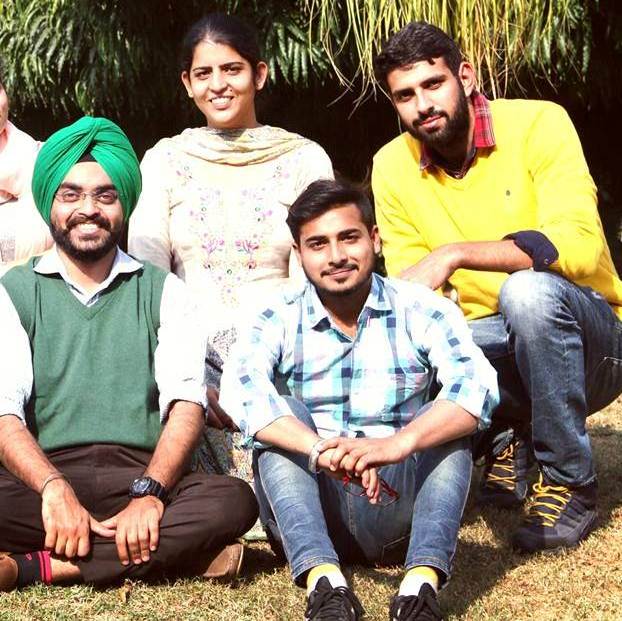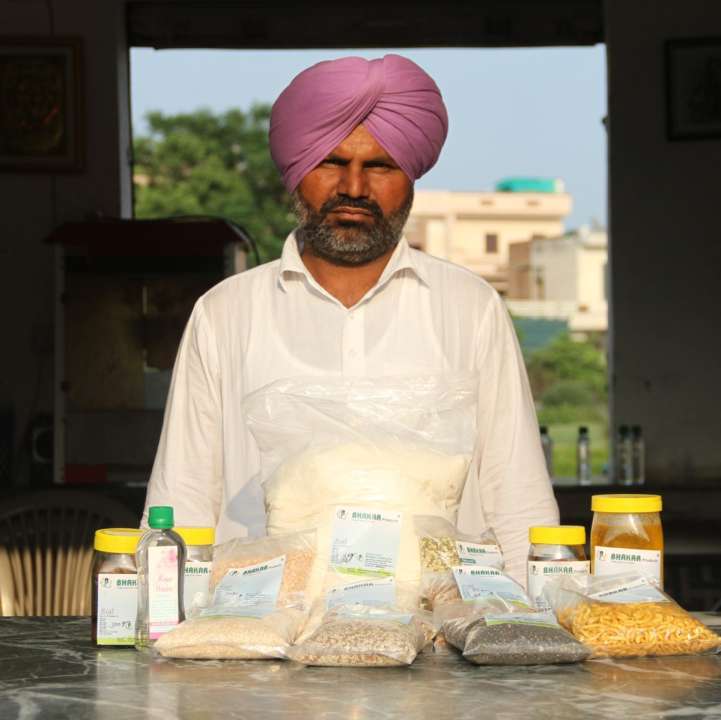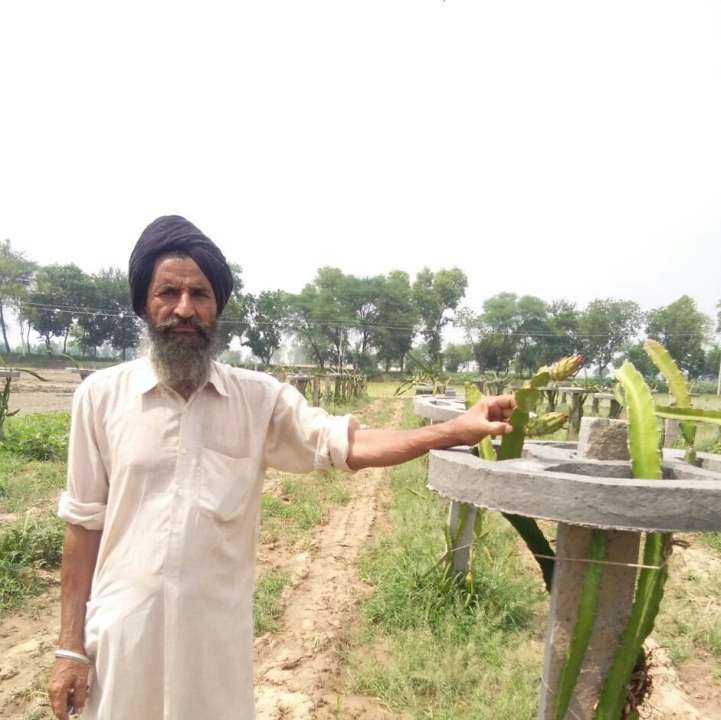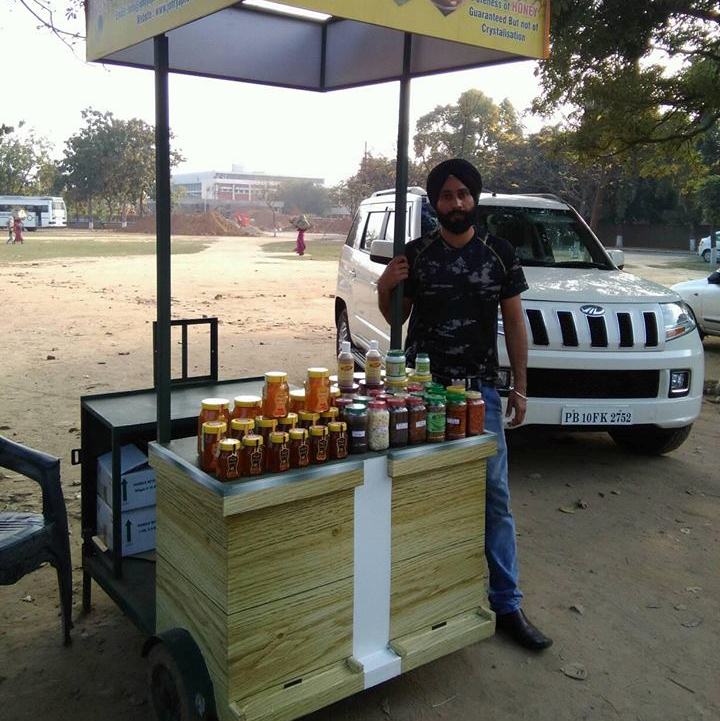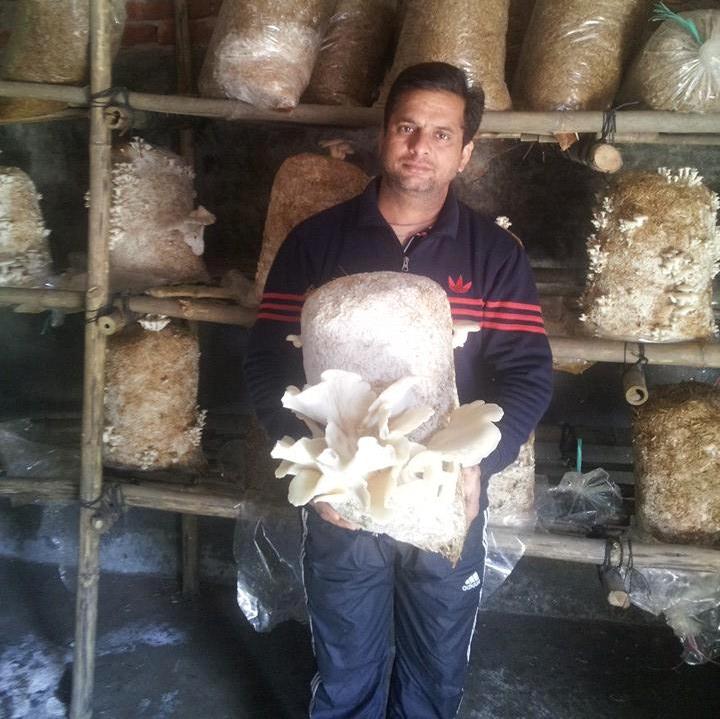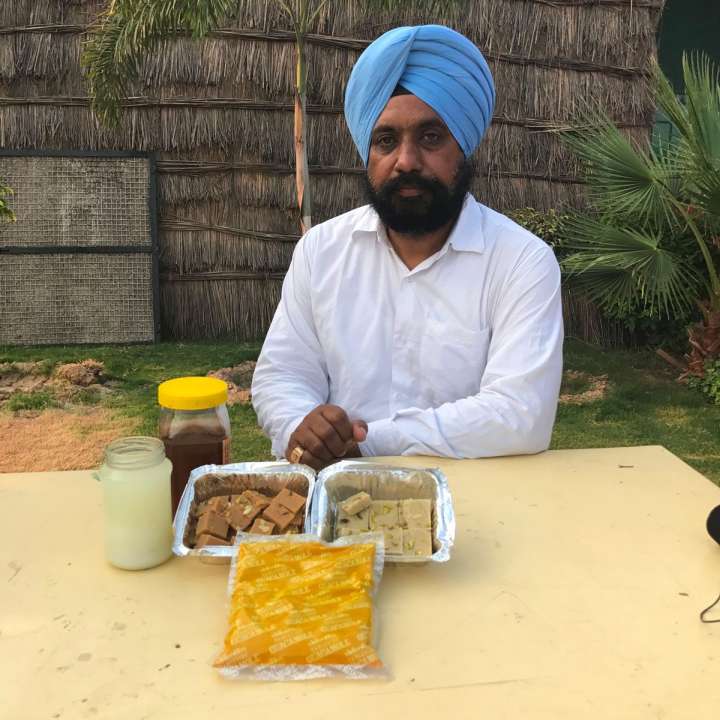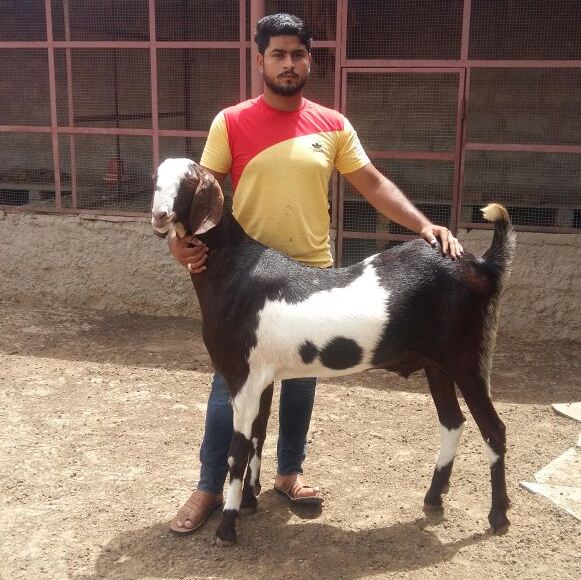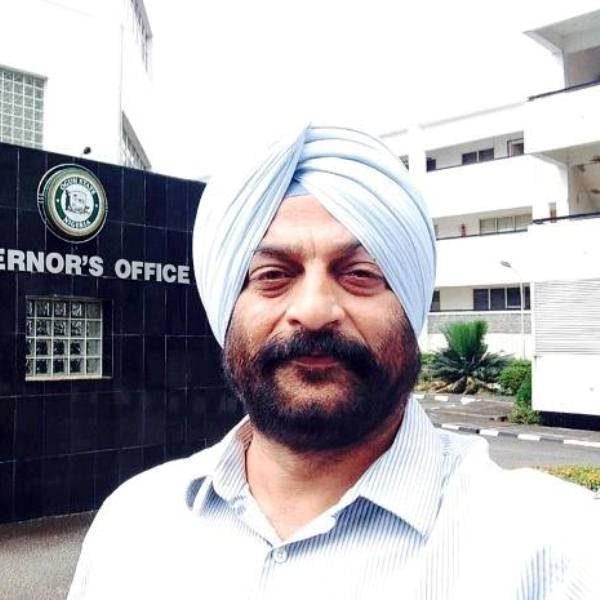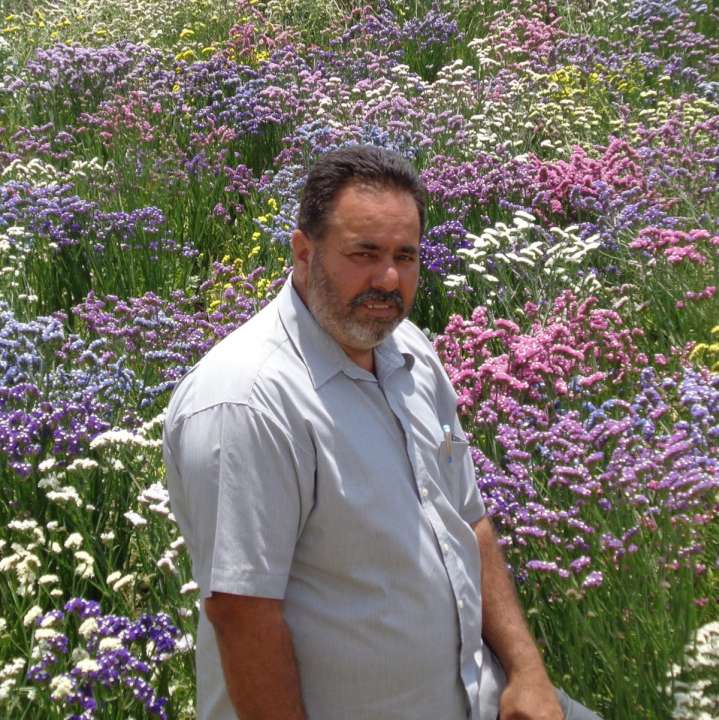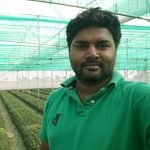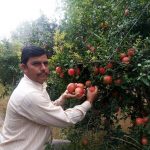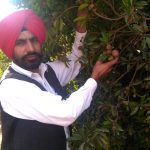Retired Soldier-Turned-Farmer Aiming Big Through Mushroom Cultivation
The Soldiers and the farmers are the two strong pillars of a country. Where the soldiers protects our land on the frontier, on the other hand, the farmers grows food for us on the same land. And that is why the slogan given by Lal Bahadur Shastri – “Jai Jawan, Jai Kisan” (Hail the Soldier, Hail the Farmer) is so popular and equitable.
This is a story about a soldier turned farmer – Vivek Uniyal based in Dehradun (Uttarakhand), who after honestly serving his motherland as an army man, returned to his roots to pursue farming and nurture the land with its love and care.
Vivek Uniyal got retired from the military after serving for a long time and then he joined the service of Uttarakhand Police for two years. Along with his police duty he also started farming in his free time. As his family members were still practicing agriculture, so Vivek’s inclination towards agriculture was natural and obvious. While pursuing his farming venture, once he got a chance to meet a mushroom farmer – Deepak Upadhyaya, who is also doing organic farming. And from this meeting, Vivek came to know about the different varieties of mushroom – Oyster, Milky and Button.
“Deepak Upadhyaya helped me initially in setting up the mushroom farm. And whenever I faced any difficulty he always assisted with his advice from his past experiences.” – Vivek Uniyal
After meeting Deepak, Vivek’s interest in mushroom farming took a big turn. He talked about this with his family, and even his sister Kusum also showed interest towards it. The duo of brother and sister together decided to start mushroom farming with their family’s consent. They started farming in a room after purchasing seeds of oyster mushroom from Solan (Himachal Pradesh)
To improve his mushroom farming skills and knowledge he also took training. The venture which he started within in a small room was well appreciated by the customers in the market after buying the product and profit was good too. Seeing the yield and the payback, Vivek decided to extend the level of the mushroom farming from one room to four rooms & he also started growing Milky and Button mushrooms. Along with it he also established a composting plant for the mushroom farming, which was inaugurated by the Agriculture Minister of Uttarakhand.
Along with mushroom farming, Vivek is also focusing towards organic farming from the last two years.
“Like we care and serve our mother, in the same way we should also understand our responsibilities towards mother nature. Farmers should focus towards organic farming and leave chemical farming.” – Vivek Uniyal
Vivek visits many villages time-to- time to convince and influence other farmers towards mushroom and organic farming. Till now he has established 45 mushroom plants collaboratively with other farmers. Students from agriculture university visits him to take his advice. And he also feels very fortunate to have the opportunity to help them.
“Mushroom farming is a business which provides employment to the whole family.” – Vivek Uniyal
Future Plans
In the coming time, Vivek is planning to produce products made up of mushroom such as Pickles, Biscuits, Papads etc. and sell them in the market.
Message
“Farmers should adopt allied-agri activities along with farming to increase their income. But in the beginning, they should start it on a small level, so that the business’s profit or loss will be known in advance & there would not be any difficulty or harm in the future.”




